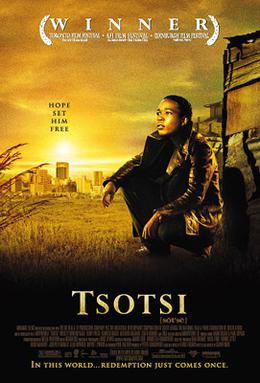Lists










10 Books
10 Biographies of Amazing Lives
Sort by:
Recent Desc
Some biographies and autobiographies read better than fiction. There are some truly amazing people with unbelievable stories in the world, here are ten of the best ones that have been committed to paper.
Liked by
More lists by Spook Louw



10 Trippy movies to help you get through lockdown.
We're all stuck at our homes, now is the best time to push your mental limits and question reality. Here are 10 movies that will help you on your journey.
May 2020
64
@spooklouw



Bob Dylan is about to release a new album, here are 10 more prolific songwriters.
Bob Dylan's gift for writing songs procured him the Nobel Prize in Literature in 2016, now in 2020 he's about to release his 39th studio album, an amazing feat of work. Here are ten other artists who share a talent for songwriting.
May 2020
2
@spooklouw



The Seinfeld Curse
Jerry Seinfeld's NBC sitcom "Seinfeld" was a wildly successful series in the 90's, rated by many as one of the greatest and most influential ever. After it was brought to an end, after 9 seasons, some of the following endeavors of the cast were not successful at all, giving rise to the myth of the Seinfeld Curse. Watching Ellie, Bob Patterson, Listen Up! and The Michael Richards Show were all failures. Here are 10 of the better productions which involved some of the members of the Seinfeld cast.
May 2020
0
@spooklouw



The 10 best international films you've never heard of!
There is such a goldmine of exceptional talent and art hidden away from the Hollywood eye, here are 10 of the best international films which probably have not popped up on your radar. Enjoy!
May 2020
0
@spooklouw